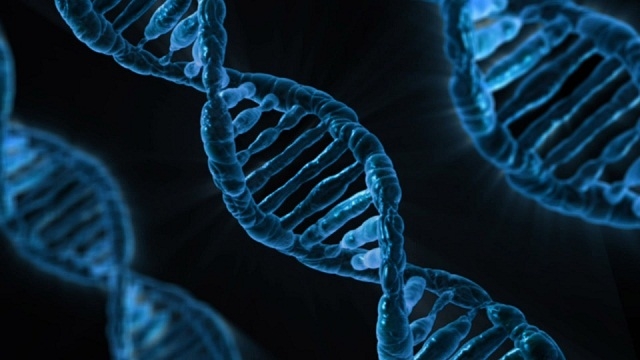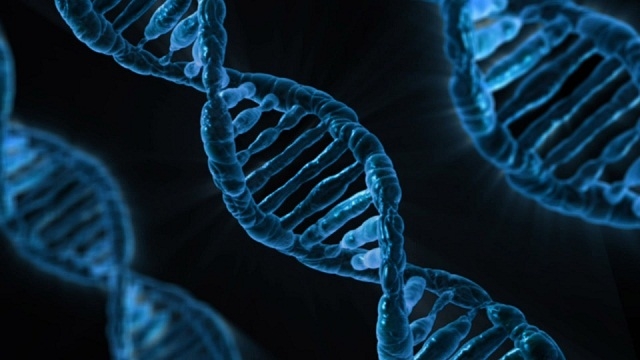Your DNA may predict how many kids you will have
Thu 03 Nov 2016, 13:33:32
The age at which you will have your first child and the number of kids you are likely to have may be encoded in your DNA, say scientists who found that genetic data can be used to accurately our reproductive behaviour.
The study, led by the University of Oxford, includes an analysis of 62 datasets with information from 238,064 men and women for age at first birth, and almost 330,000 men and women for the number of children.Until now, reproductive behaviour was thought to be mainly linked to personal choices or social circumstances and environmental factors.
However, this new research shows that genetic variants can be isolated and that there is also a biological basis for reproductive behaviour."For the first time, we now know where to find the DNA areas linked to reproductive behaviour," said Melinda Mills, from the University of Oxford.
"For example, we found that women with DNA variants for postponing parenthood also have bits of DNA code associated with later onset of menstruation and later menopause," said Mills.
"One day it may be possible to use this information so doctors can answer the important question: "How late can you wait?" based on the DNA variants," she said."It is important to put this into perspective, however, as having a child still strongly depends on many social and environmental factors that will always play a bigger role in whether or when we have babies," Mills added.
The study shows that DNA
variants linked with the age at which people have their firstborn are also associated with other characteristics reflecting reproduction and sexual development, such as the age at which girls have their first period, when the voice breaks in boys, and at what stage women experience their menopause.
variants linked with the age at which people have their firstborn are also associated with other characteristics reflecting reproduction and sexual development, such as the age at which girls have their first period, when the voice breaks in boys, and at what stage women experience their menopause.
"Our genes do not determine our behaviour, but for the first time, we have identified parts of the DNA code that influence it," Nicola Barban, from the University of Oxford.
Researchers, including those from University of Groningen in The Netherlands and Uppsala University in Sweden, calculated that variants in the 12 areas of the DNA together predict less than 1 per cent of the timing at which men and women have their first child and of the number of children they have in the course of their lifetime.
According to the researchers, while these numbers seem 'extremely small', their modelling shows that in some cases when the variants are combined, they can be used to predict the probability of women remaining childless.
Importantly, by examining the function of the 12 DNA regions and the genes in these regions in detail, the researchers have identified 24 genes that are likely to be responsible for the effects of the 12 DNA variants on reproductive behaviour.Some of these genes were already known to influence infertility, while others have not yet been studied.
The study was published in the journal Nature Genetics.
No Comments For This Post, Be first to write a Comment.
Most viewed from Health
AIMIM News
Latest Urdu News
Most Viewed
May 26, 2020
Is it right to exclude Bangladesh from the T20 World Cup?
Latest Videos View All
Like Us
Home
About Us
Advertise With Us
All Polls
Epaper Archives
Privacy Policy
Contact Us
Download Etemaad App
© 2026 Etemaad Daily News, All Rights Reserved.



























.jpg)
.jpg)
.jpg)


